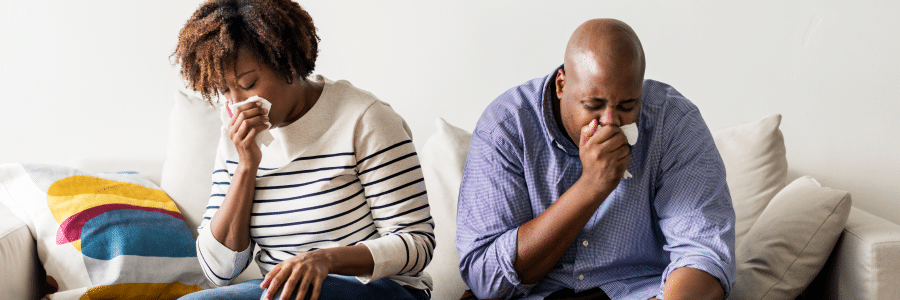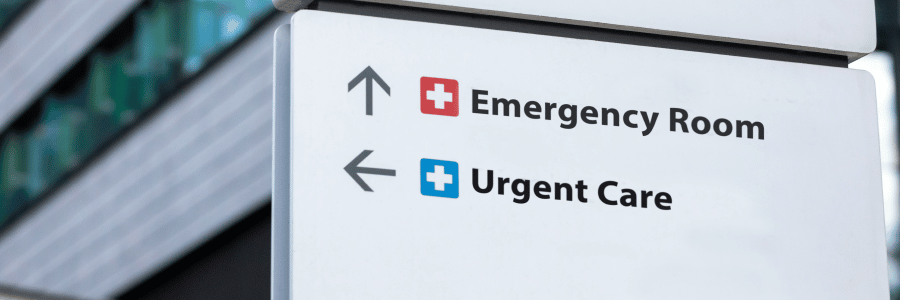10 Medical Exams Every Woman Needs
May 3, 2022
Women have some unique health issues. To stay healthy, every adult woman should visit a doctor at least once a year to discuss their health and get periodic physical exams. The kinds of exams vary by gender and age, but this is a list of tests all women should be considering:
Blood pressure
Starting at age 20, women should get their blood pressure checked every two years, according to the American Heart Association. Getting your blood pressure tested is an important early warning for health issues. High blood pressure can lead to heart disease, kidney disease, and stroke. Controlling high blood pressure early can reduce your risk of developing serious health problems. If your normal blood pressure is higher than 120/80 mm Hg, your doctor will likely want to check more often.
Cholesterol
About 1 in 5 adolescents and nearly 93 million adults over 20 have high cholesterol, which can lead to serious health problems, including heart attacks and strokes. Cholesterol exams are simple and involve a quick blood draw. The Centers for Disease Control and Prevention (CDD) recommends that everyone get their cholesterol checked at least once every five years. A cholesterol test will tell you about the levels of good cholesterol (high-density lipoprotein or HDL), which helps to remove other forms of cholesterol from your bloodstream; bad cholesterol (low-density lipoprotein or LDL), which can build up in your arteries and reduce blood flow, and triglycerides, a type of fat associated with heart disease, diabetes, and stroke.
Pap smears
Beginning at age 21, and until age 65, you should have a Pap smear every three years, according to medical experts. In a Pap smear, your doctor uses a speculum to widen the vaginal canal, takes cells from the cervix with a small brush, and examines those cells for changes that may lead to cervical cancer.
Mammograms
This breast cancer screen involves compressing the breast between plates to capture X-ray images. The most recent guidelines from the U.S. Preventive Services Task Force recommends that women who are 50 or older have a mammogram every two years. If you have a family history of breast cancer, talk to your doctor about earlier screening.
Bone density
Women should start getting screened for osteoporosis with a bone density test at age 65. Osteoporosis is a condition that makes bones brittle, which can lead to fractures. The test, called a DEXA scan, requires you to lie on a table while a low-dose X-ray machine takes images of your bones. Discuss how often you should be screened with your doctor.
Blood Glucose
After they turn 45, women should get a blood glucose test every three years to check for diabetes or prediabetes. About 1 in 10 Americans suffer from diabetes, which can lead to damaged blood vessels and nerves. Serious cases of diabetes can also increase the risk of heart disease or stroke. High blood pressure may be a symptom of diabetes, which is easy to diagnose through a blood test.
Colorectal Cancer
Colon cancer is the second leading cause of death from cancer among American men and women. If you are 50, it is time to get screened. Today, screening options include a colonoscopy, which usually takes 15 to 20 minutes, or DNA stool tests like Cologuard, which test stool samples for any signs of DNA that may have been altered by cancer. Discuss the right kind of test for you with your doctor.
Body Mass Index (BMI)
Being overweight raises your risk for diabetes and heart disease. Your BMI measures your body fat based on your height and weight. A high BMI can be a warning sign that you are at risk of obesity. The CDC recommends that a healthy BMI for an adult is somewhere between 18.5 and 25.
Melanoma or skin cancer
Melanoma is the fifth most common cancer among women and, while the risk of developing melanoma increases with age, it is also one of the most commonly diagnosed cancers among young adults, especially women. You should check your body for signs of melanoma once a month. If you find a mole that changes in size or shape, discuss it immediately with a doctor.
Depression
Women experience depression at, roughly, twice the rate of men. If you are feeling depressed, hopeless, or losing interest in things that you normally enjoy, you should discuss those feelings with a doctor, who may be able to prescribe therapy or medication.
Get the care you need
To stay healthy, adult women need to routinely be screened for a variety of conditions. You should discuss the right exams for you with your doctor. If you do not have a doctor, Grady Health System can help. If you need a primary care physician, give us a call at (404) 616-1000. We’ll arrange an appointment at a Primary Care Center near you. Doctors there can treat most conditions and provide access to Grady’s unparalleled medical specialty expertise.

Advertisement



